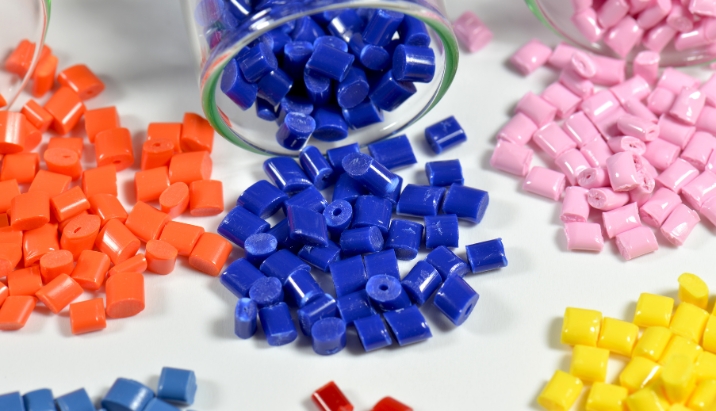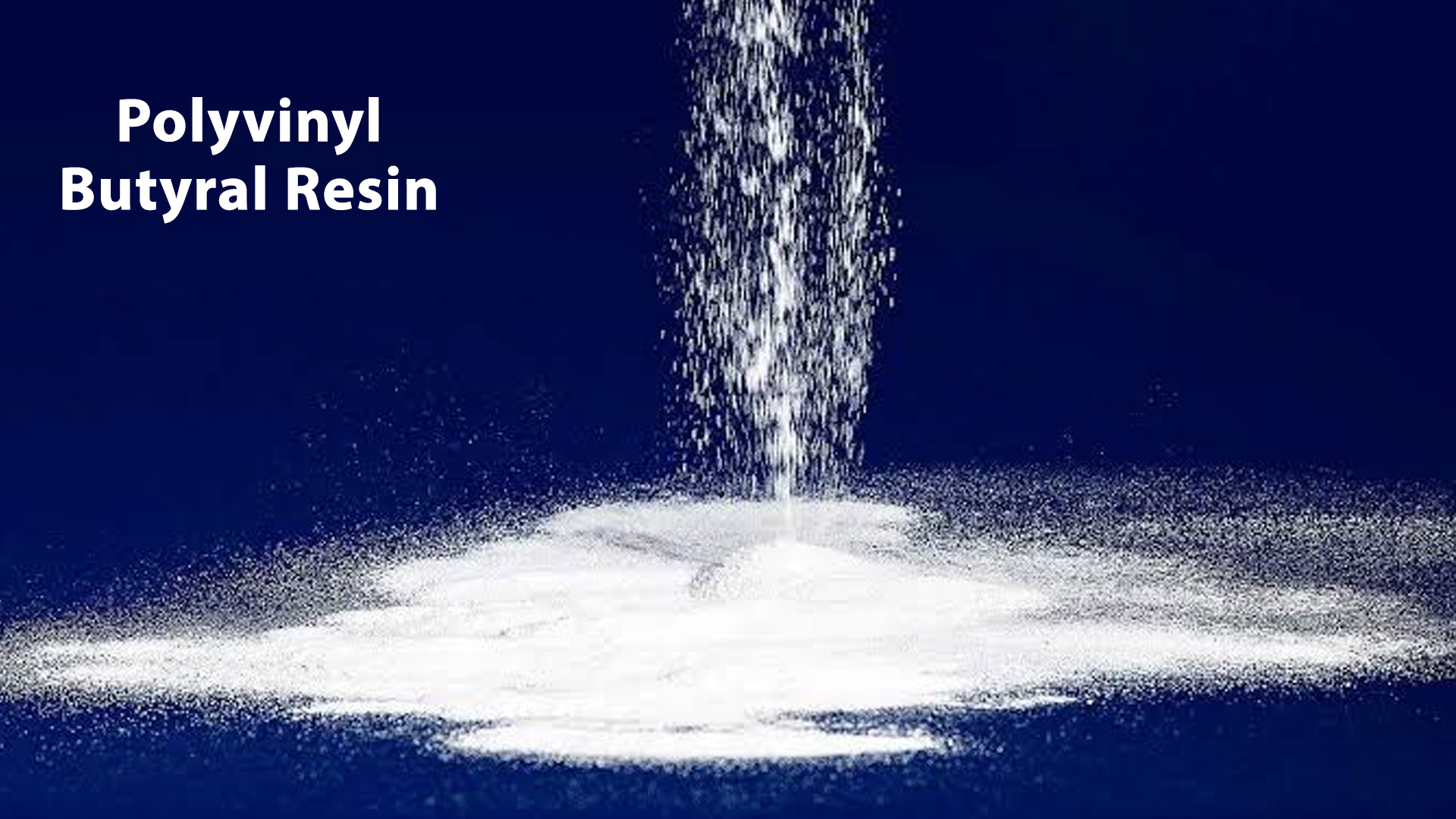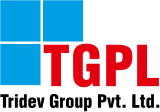
Polyvinyl Butyral (PVB) resins are known for its exceptional properties, making them a vital component in a wide range of applications. One of the most important uses of PVB resins is in the formulation of wash primers and etch primers, which are essential in industries like automotive coatings, metal finishes and paint products. The incorporation of Polyvinyl Butyral resins can significantly enhance the performance, adhesion and durability of these primer formulations.
In this article, we will explore how Tripol B-30 Polyvinyl Butyral resins improve the quality of wash primer and etch primer formulations.
What are Polyvinyl Butyral Resins?
Polyvinyl butyral resins are thermoplastic materials made by polymerizing vinyl butyral. PVB resins are known for its excellent adhesion properties, clarity and ability to form flexible, durable films. These characteristics make Polyvinyl Butyral Resins suitable for a variety of applications, particularly in the automotive and paint industries.
The unique chemical structure of Polyvinyl Butyral resins allows them to bond well with different substrates, which is crucial for primer formulations where strong adhesion to metal, glass and other surfaces is needed. PVB is also highly resistant to impact, heat and chemicals, which further increases its appeal in industrial applications.
Tripol B-30, a specific product type of PVB resin, is a commonly used variant in primer formulations. Its unique properties – such as its white fluffy powder form, melting range and viscosity – make it particularly well-suited for creating wash primers and etch primers.

Significance of Wash Primers and Etch Primers in Polyvinyl Butyral Resins
Before delving into the impact of Polyvinyl Butyral resins on these formulations, it’s essential to understand what wash primers and etch primers are and its roles in industrial applications:
- Wash Primers: Wash primers are typically used as a pre-treatment for metal surfaces before the application of coatings, paints or varnishes. They help in promoting better adhesion between the metal substrate and the topcoat. Wash primers usually contain acid components that can etch the metal surface, providing a rougher profile for the paint to adhere to. PVB resins are added to improve adhesion and ensure a long-lasting bond.
- Etch Primers: Etch primers are similar to wash primers but are specifically designed for surfaces like aluminum or galvanized steel. These primers etch the surface to create a chemical bond, which enhances the adhesion of subsequent layers. Etch primers are often used in the automotive and aerospace industries where metal substrates are common.
Both wash and etch primers benefit from the addition of Polyvinyl Butyral resins, which enhance its performance and durability.
How Polyvinyl Butyral Resins Improve Quality of Wash and Etch Primers?
Polyvinyl Butyral resins offer several key benefits that enhance the quality of wash primer and etch primer formulations. Let’s explore these improvements in detail:
1. Enhanced Adhesion to Metal Substrates
One of the primary reasons for adding Polyvinyl Butyral resins, such as Tripol B-30, to wash and etch primer formulations is its exceptional adhesion properties. PVB resins improve the bonding strength between metal surfaces and subsequent paint layers, ensuring long-lasting protection.
- Increased Bond Strength: The chemical structure of Polyvinyl Butyral resins forms strong bonds with metal surfaces, helping to prevent paint peeling or chipping over time. This is particularly important for automotive and industrial applications where durability is crucial.
- Compatibility with Various Metal Types: Polyvinyl butyral resins can effectively bond with different types of metals, including steel, aluminum and galvanized steel, making them versatile in primer formulations for a variety of substrates.

2. Improved Film Formation and Flexibility
Polyvinyl Butyral resins contribute to the formation of smooth, consistent primer films. This is essential for creating an even base layer before applying topcoats. PVB resins help in ensuring that the primer forms a uniform and flexible film on the substrate.
- Flexibility: These resins allow the primer to remain flexible, even when exposed to temperature changes or mechanical stress. This flexibility helps the primer layer to expand and contract without cracking or delaminating from the metal surface.
- Film Consistency: Polyvinyl butyral resins contribute to a smooth, even film formation, which improves the appearance and effectiveness of the primer layer. This ensures that the topcoat adheres well and performs optimally.
3. Improved Adhesion to Difficult Substrates
Certain metal substrates, such as galvanized steel, aluminum or certain alloys, can be challenging for primers to adhere to due to their smooth or non-porous surfaces. Polyvinyl Butyral Resins help improve the adhesion of wash and etch primers to these difficult surfaces.
- Surface Activation: The incorporation of PVB resins in the primer formulation can enhance the surface activation process, allowing the primer to bond more effectively to smooth or inert metal surfaces.
- Improved Chemical Bonding: PVB resins enhance the chemical bonding between the primer and substrate, making it easier for the primer to form a solid, durable layer that will better hold up against the topcoats.

4. Enhanced Gloss and Finish Quality
Tripol B-30 Polyvinyl Butyral Resins, are known for its excellent clarity and the ability to enhance the gloss and finish of primer formulations. In applications where aesthetics is important-such as automotive coatings or high-end industrial products-the use of PVB resins ensures a high-quality finish.
- Gloss Retention: PVB resins contribute to the retention of gloss, which is vital for creating a visually appealing and professional final product.
- Smoothness and Consistency: The resin’s properties ensure that the primer layer remains smooth and consistent, which further contributes to the quality of the final finish.
Conclusion
Polyvinyl Butyral resins, specifically Tripol B-30, play a crucial role in improving the performance and quality of wash primer and etch primer formulations. From enhancing adhesion to metal substrates to providing superior corrosion resistance and improving gloss quality, PVB resins offer several benefits that are essential for high-performance primer products. Manufacturers and suppliers who incorporate Polyvinyl Butyral Resins into their primer formulations can achieve better overall product quality, durability and aesthetics, making them a preferred choice in the coatings and automotive industries.
- Tridev Resins: Delivering High-Performance Synthetic Resins for Diverse Industrial Applications
- How Different Solid Content Levels in Water-Based Acrylic Emulsion Affect Performance?
- Polyamide Resins in the Printing Industry: Enhancing Performance for Specialized Inks on Challenging Surfaces
- Why Methylol Content Matters in Alkyl Phenolic Resins for Automotive and Leather Adhesives?
- How Rosin Modified Phenolic Resins Contribute to Long-lasting and Stable Printing Ink Formulations?



